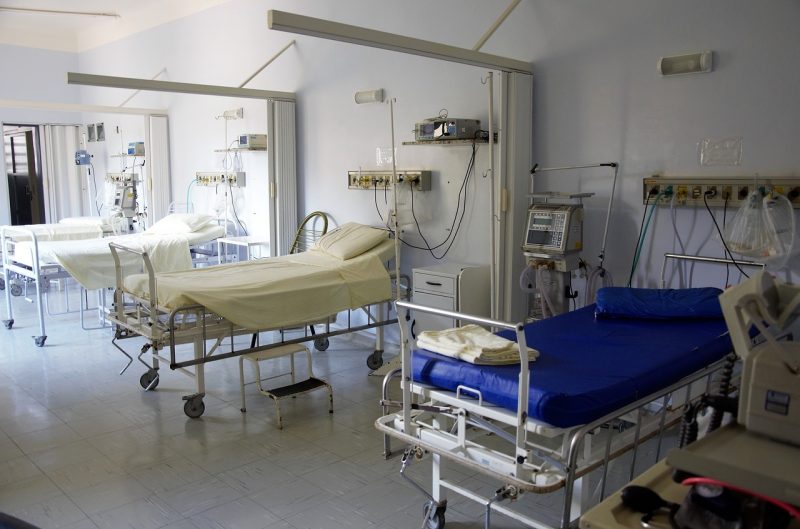Bias in Insurance Algorithm Latest Example of Impact on Black Patients
Minorities contend with inequality in many walks of life, from education to income and job opportunities. Now built-in biases in a major insurance company’s algorithm has resulted in poorer care and delayed treatments, according to a recent Wired magazine story.
The algorithm identified whites over black and brown patients, who tend to have lower incomes, and accordingly the cost-conscious algorithm saw them as a lower risk than white patients with similar medical conditions. Black patients generate $1,801 less per year on average in costs than white patients, the study said. The reason has to do with barriers to access to health care and have lower trust in the system.
A major U.S. hospital analyzed its records and found that the algorithm let whites cut in line for special programs for patients with complex, chronic conditions such as diabetes or kidney problems. The software is used to refer patients to programs giving extra support—such as dedicated appointments and nursing teams—for people with severe or chronic illnesses.
“It is not because people are black, it’s because of the experience of being black,” Linda Goler Blount, president and CEO of nonprofit the Black Women’s Health Imperative told NYT. “If you looked at poor white or Hispanic patients, I’m sure you would see similar patterns.”
The insurance company was not named, but Wired speculated that it was United Healthcare.
The company’s AI program reduced the proportion of black patients getting extra care by more than half, from almost 50 percent to less than 20 percent, according to the report published in the journal Science:
“Our main sample thus consisted of (i) 6079 patients who self-identified as Black and (ii) 43,539 patients who self-identified as White without another race or ethnicity, whom we observed over 11,929 and 88,080 patient-years, respectively (1 patient-year represents data collected for an individual patient in a calendar year). The sample was 71.2% enrolled in commercial insurance and 28.8% in Medicare; on average, 50.9 years old; and 63% female.”
That females are statistically more likely to be subject to bias can also be seen in past research involving breast cancer outcomes for black women. The breast cancer racial gap has meant that black women are 40% more likely to die from the disease because of late diagnoses than white women.
When a researcher who was diagnosed with breast cancer pioneered an accurate AI algorithm that can predict whether or not women will develop the disease within the next five years, she took great care to eliminate biases against black women in diagnosis and treatment. Regina Barzilay was lauded in a profile in The New York Times on October 24.
A professor at the Massachusetts Institute of Technology and the recipient in 2017 of a prestigious MacArthur Fellowship (or “genius grant”) she decided to use her doctorate in computer science to develop AI predictive tools and to develop personalized care.
“Rather than taking a one-size-fits-all approach, we can personalize screening around a woman’s risk of developing cancer,” says Barzilay, senior author of a new paper about the project out today in Radiology. “For example, a doctor might recommend that one group of women get a mammogram every other year, while another higher-risk group might get supplemental MRI screening.” Barzilay is the Delta Electronics Professor at CSAIL and the Department of Electrical Engineering and Computer Science at MIT and a member of the Koch Institute for Integrative Cancer Research at MIT.
Seeflection.com published a story on the development of the MIT breast cancer predictive algorithm earlier this year.








Leave A Comment